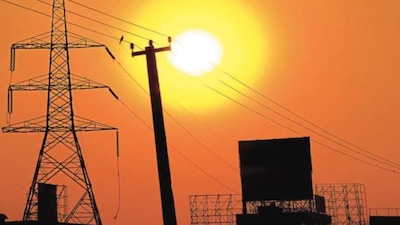In what signals the Narendra Modi 3.0 government’s resolve to revive loss-making electricity distribution entities (discoms), BJP-led Uttar Pradesh government has started the process to privatise two of the state’s five discoms.
Private companies are invited to either form partnerships with or take over the state-owned Dakshinanchal Vidyut Vitran Nigam and Purvanchal Vidyut Vitran Nigam, Reuters reported, citing a state government tender dated January 12.
The move comes amid higher power losses and lack of sufficient transmission infrastructure in the state. Privatisation is seen to be desirable also because states that have private discoms in Maharashtra, Gujarat and NCT of Delhi have performed relatively better in reducing distribution losses.
Even after the recent reduction in the Aggregate Technical & Commercial losses of the country’s distribution companies, most state-owned discoms remain loss making, as per analysts. This is primarily due to delays in realising payments from state government departments for power supply which constrain the discom finances.
Dakshinanchal Vidyut Vitran Nigam (DVVNL) and Purvanchal Vidyut Vitran Nigam (PuVVNL) are each responsible for power distribution in 21 districts of Uttar Pradesh. DVVNL’s AT&C losses stood at 24.04% in 2022-23 while that of PuVVNL stood at 27.27%, as per latest data available from PFC. In FY23, DVVNL reported a loss of Rs 5,074 crore against a loss of Rs 2,959 crore in FY22. PuVVNL reported a loss of Rs 6,610 crore in FY23 against a loss of Rs 594 crore in FY22, as per PFC data.
The performance of state-owned distribution utilities (discoms) remains constrained by inadequate tariffs relative to the cost of supply, higher-than-regulator-approved AT&C losses, and a considerable debt burden, Icra had earlier said in its report.
The government has brought several reforms to address the challenges faced by the distribution segment, including the Revamped Distribution Sector Scheme (RDSS) to reduce AT&C losses and the late payment surcharge (LPS) rules to reduce dues from discoms to generators.
The all-India AT&C losses for state-owned discoms declined to 15.8% in FY23 from 23% in FY21 and 16.5% in FY22 led by infrastructure upgrades and higher subsidy pay-out. Despite this, losses remain particularly high at over 20% for the discoms in Bihar, Jharkhand, Madhya Pradesh, Odisha and Uttar Pradesh, data from Icra showed.
AT&C losses of discoms in the financial year 2023-24 increased to 17.6% compared to 15.4% in FY23,
» Read More


